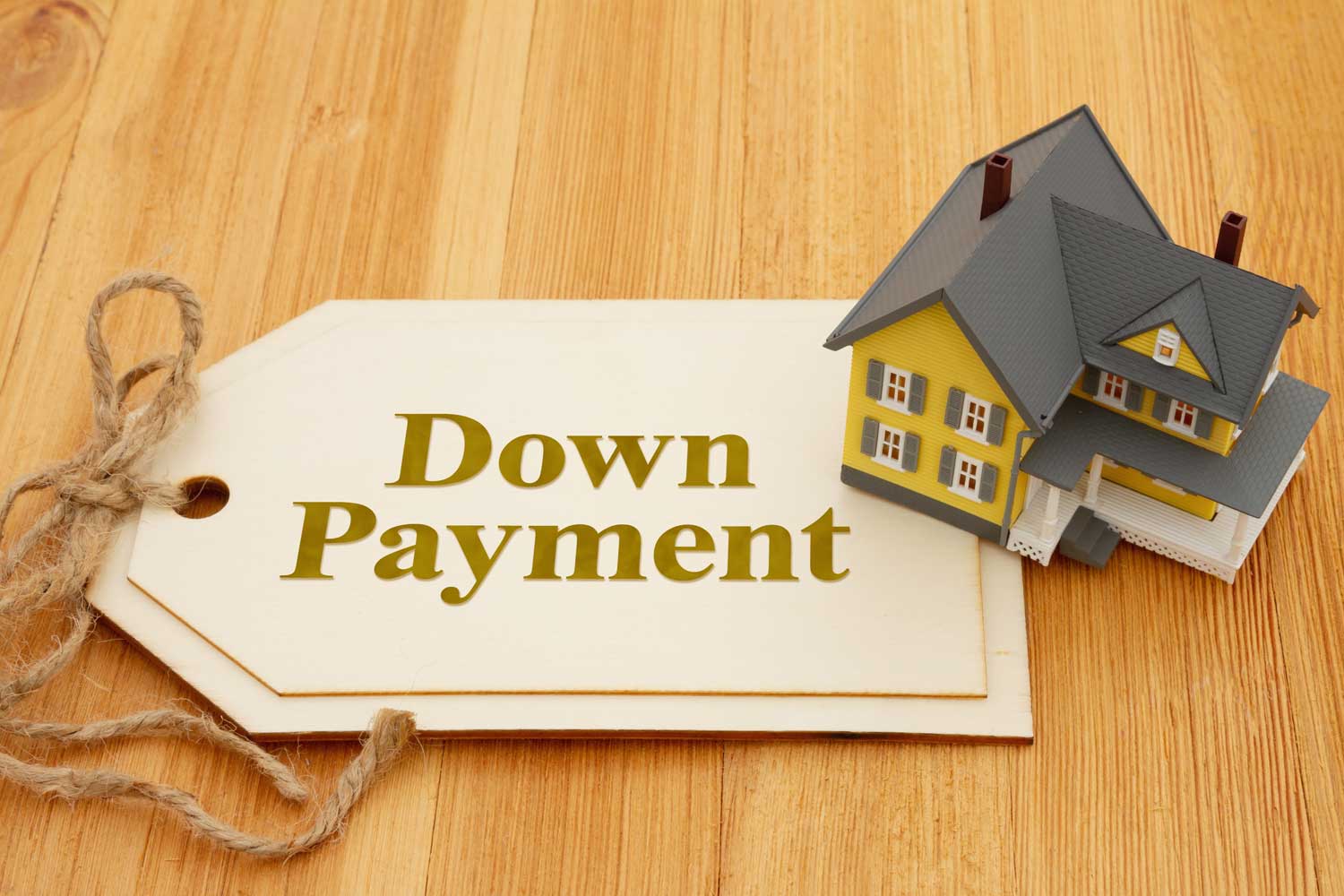When it comes to buying a home, securing the right mortgage is a critical step in the process. Conventional mortgages are among the most popular and widely used financing options for homebuyers in the United States. In this article, we will explore what a conventional mortgage is, how it works, its advantages
and disadvantages, and key considerations for prospective homebuyers.
What Is a Conventional Mortgage?
A conventional mortgage, also known as a conforming mortgage, is a type of home loan that is not guaranteed or insured by any government agency, such as the Federal Housing Administration (FHA) or the Department of Veterans Affairs (VA). Instead, conventional mortgages are offered and funded by private lenders, including banks, credit unions, and mortgage companies.
How Does a Conventional Mortgage Work?
- Loan Types: Conventional mortgages come in two primary categories: fixed-rate and adjustable-rate. Fixed-rate mortgages have a stable interest rate throughout the loan term, typically 15, 20, or 30 years, making monthly payments predictable. Adjustable-rate mortgages (ARMs) offer lower initial interest rates but can adjust periodically, potentially causing fluctuating monthly payments.
- Down Payment: Conventional mortgages typically require a down payment, and the amount can vary. Traditionally, a 20% down payment is recommended to avoid private mortgage insurance (PMI). However, some lenders offer conventional loans with down payments as low as 3% for eligible borrowers.
- Credit Requirements: Lenders have specific credit score requirements for conventional mortgages. A higher credit score can lead to a lower interest rate and better terms. Generally, a credit score of 620 or higher is considered acceptable for conventional loans, but a higher score can improve your borrowing potential.
- Debt-to-Income Ratio: Lenders assess your debt-to-income ratio (DTI) to determine your eligibility. This ratio compares your monthly debt payments to your gross monthly income. A lower DTI is preferable, as it indicates a better ability to manage mortgage payments.
- Private Mortgage Insurance (PMI): If you make a down payment of less than 20% on a conventional mortgage, you may be required to pay PMI. PMI protects the lender in case you default on the loan. Once your loan-to-value ratio improves (usually when you reach 20% equity in the home), you can request PMI cancellation.
Advantages of Conventional Mortgages
- Flexibility: Conventional mortgages offer a wide range of loan terms, allowing borrowers to choose the option that best suits their financial situation and goals.
- Competitive Interest Rates: Conventional loans often come with competitive interest rates, especially for borrowers with excellent credit.
- No Upfront Funding Fee: Unlike some government-backed loans, conventional mortgages do not require an upfront funding fee.
- No Property Restrictions: Conventional loans can be used to finance various types of residential properties, including single-family homes, condominiums, and investment properties.
- Equity Building: As you make mortgage payments, you build equity in your home, which can be valuable for future financial goals.
Disadvantages of Conventional Mortgages
- Stricter Requirements: Conventional mortgages may have stricter credit and income requirements compared to government-backed loans.
- PMI Costs: If you make a small down payment, you’ll have to pay PMI until you reach 20% equity in your home, which adds to the overall cost of homeownership.
- Larger Down Payment: While low down payment options exist, some borrowers may still need a substantial down payment to secure favorable loan terms.
Conclusion
A conventional mortgage is a popular choice for many homebuyers due to its flexibility, competitive interest rates, and variety of loan options. However, it’s essential to carefully assess your financial situation, including your credit score and down payment capability, before pursuing this type of loan. Ultimately, the decision should align with your long-term homeownership goals and financial well-being. Consulting with a qualified mortgage professional can help you navigate the complexities of securing a conventional mortgage and set you on the path to owning your dream home.






